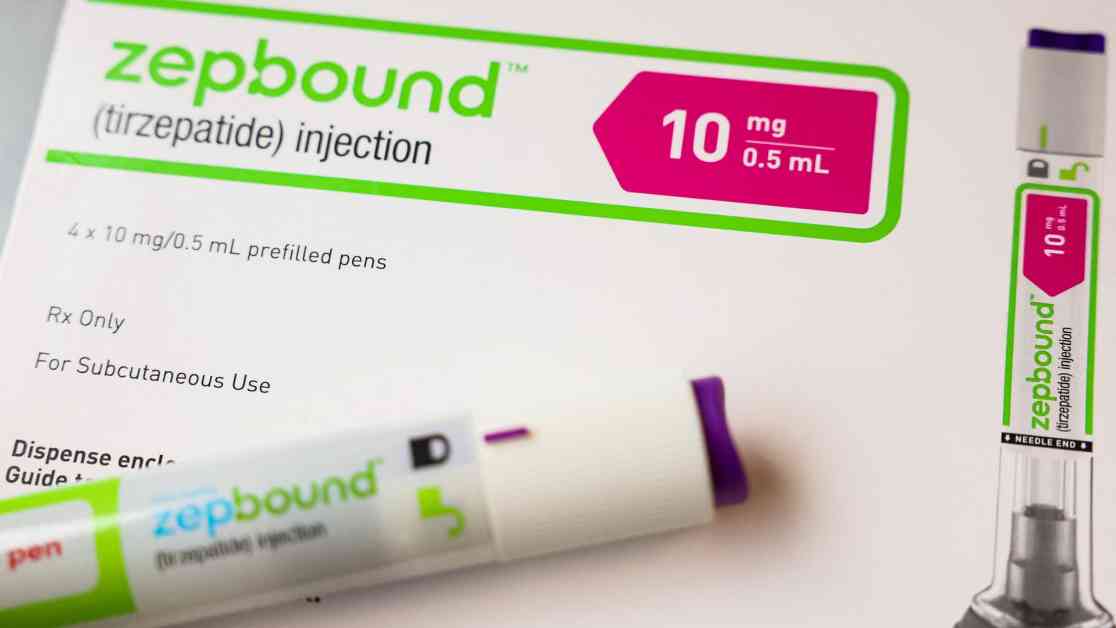In the bustling city of New York, Eli Lilly’s Zepbound weight loss drug was making headlines, but now the story has taken a surprising turn. The Food and Drug Administration (FDA) recently announced a crucial update that has significant implications for compounding pharmacies and patients alike.
End of a Shortage
The FDA declared that the active ingredient in Eli Lilly’s Zepbound, tirzepatide, is no longer in shortage. This decision has far-reaching consequences as it will prohibit compounding pharmacies from producing cheaper, unbranded versions of the injection. This marks the end of a period where certain pharmacies could distribute unauthorized tirzepatide without facing repercussions.
Impact on Patients and Pharmacies
Compounding pharmacies, which have been providing copycat drugs to patients who couldn’t afford Zepbound’s hefty price tag of approximately $1,000 a month, are now facing a challenging transition period. Patients without insurance coverage for Zepbound relied on these pharmacies for more affordable alternatives. The FDA’s decision has raised concerns among patients and pharmacists about access to affordable weight loss treatments.
High-Stakes Dispute
The dispute between compounding pharmacies and the FDA over the shortage of tirzepatide has been escalating. Eli Lilly’s investment in expanding manufacturing capacity reflects the urgency of addressing the unprecedented demand for tirzepatide. The legal battle between the Outsourcing Facilities Association and the FDA underscores the complexity of the situation and the conflicting interests at play.
Future Implications
As the FDA continues to monitor supply and demand for tirzepatide and other weight loss drugs, the decision to end the shortage has broader implications for the pharmaceutical industry. The availability of tirzepatide and other weight loss medications will impact patients, pharmacies, and regulatory agencies alike. The FDA’s ongoing efforts to regulate compounded medications and ensure patient safety will shape the future landscape of weight loss treatments.
As someone who has struggled with weight loss and navigated the complexities of prescription medications, this news hits close to home. The challenges faced by patients who rely on affordable alternatives to expensive drugs like Zepbound highlight the importance of accessibility and affordability in healthcare. It raises questions about the balance between protecting intellectual property rights and ensuring that patients have access to life-saving treatments.
In the midst of legal battles, regulatory changes, and industry dynamics, it’s essential to remember that behind every policy decision and pharmaceutical innovation, there are real people whose lives are impacted. As we navigate the evolving landscape of weight loss treatments, let’s not lose sight of the human stories behind the headlines and the need for compassion and understanding in our healthcare system.



















